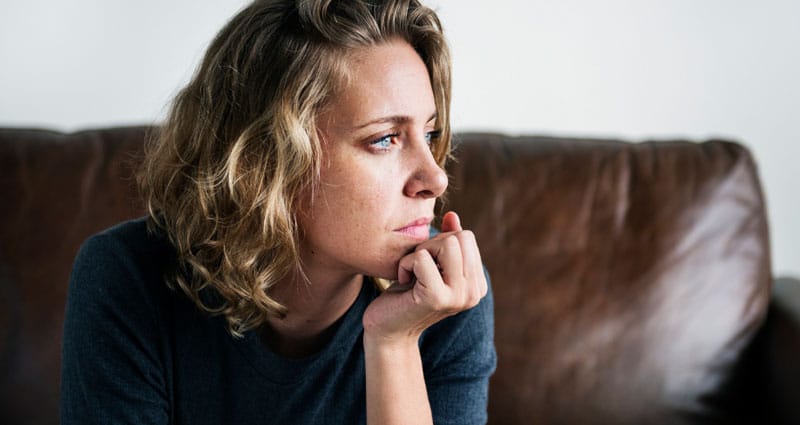This summer we felt so close to some light at the end of the tunnel of the global pandemic. We even wrote about maintaining balance in a post-COVID world.
As the Delta variant and this fourth surge of COVID-19 has again delayed our return to normalcy, we asked Dr. Jared K. Taylor, psychiatrist at St. Dominic’s Behavioral Health Services, for his advice on navigating our uncertainty.
With the Delta variant surging, in many ways it does feel like the pandemic is starting all over again, but in other ways we are in a different position. We now have tools that we did not have when the pandemic began, namely safe vaccines that have proven to be protective against severe COVID-19 complications and death.
Dr. Taylor’s most important advice is to get vaccinated and encourage our family and friends to get vaccinated to stop the spread of COVID-19. Wearing masks, physical distancing and washing hands also slow the spread of COVID-19. Together they are the only way to truly beat the virus and return our lives to normal.
The virus will not just go away on its own without collective action as a society, but we can take individual steps to improve our mental wellness and get through this latest season of COVID-19 uncertainty.
Tips to Help You Cope During This Surge
1. Continue to connect with family and friends. Although we may be unable to see our loved ones in person as much as we would like, we can still call, text or video chat to stay connected.
2. Continue to engage in activities that bring you joy. We may not be able to go to the movies or our favorite restaurants as much as we would like, but we can still engage in enjoyable activities like reading, exercising and streaming movies or TV shows at home.
3. Limit watching the news and accessing social media apps. While it is great to be informed, watching and reading too much news and frequently accessing social media can make you depressed, anxious and angry.
The pandemic has been hard on us all, although many people suffer in silence because of stigmas associated with mental health. The fear of contracting COVID-19 and potentially having severe complications and even death is real. Many have also witnessed loved ones struggle. Add to that the changes in our everyday lives like physical distancing, remote work and virtual learning for students, and it is no wonder there are increased rates of depression, anxiety, suicidal ideations and substance abuse during the pandemic. We must become comfortable talking about mental health just as we would high blood pressure or diabetes.
The Mississippi Department of Health offers a Disaster Distress Hotline at 1-800-985-5990 and a text line: text TalkWithUs to 66746 to connect with a trained crisis counselor.
The Louisiana Department of Health offers a confidential Call the Keep Calm Through COVID hotline at 1-866-310-7977.




